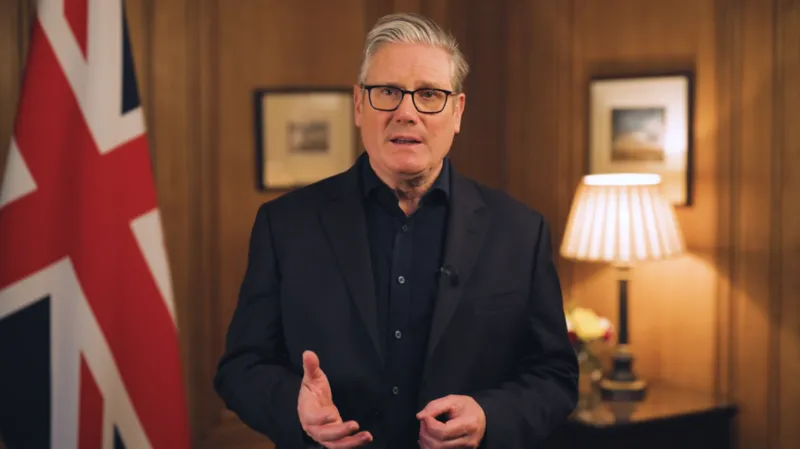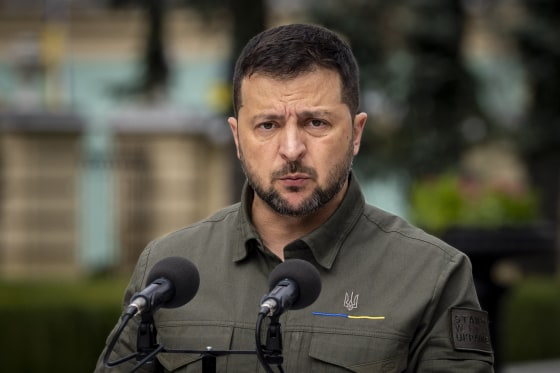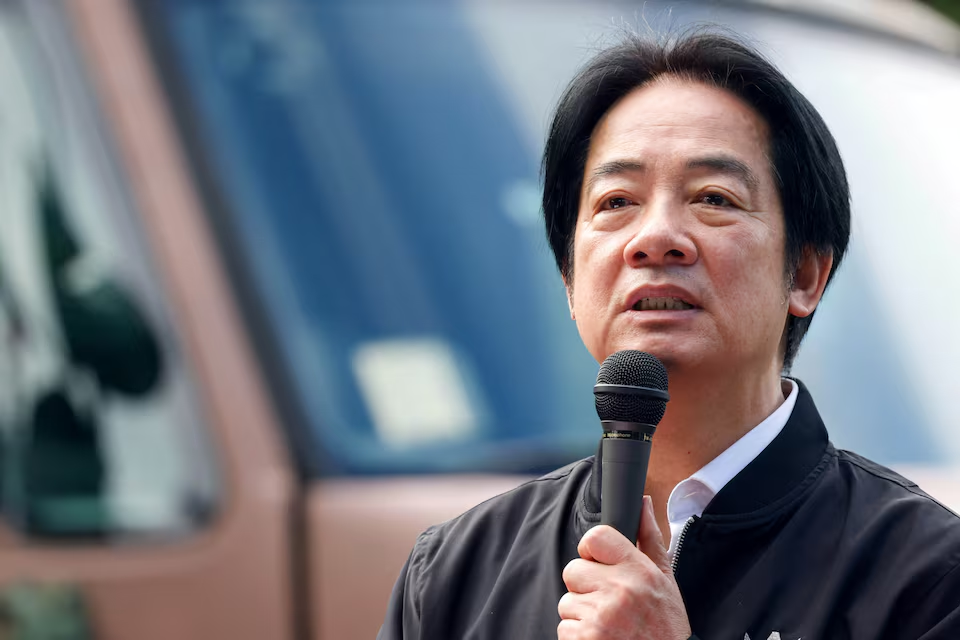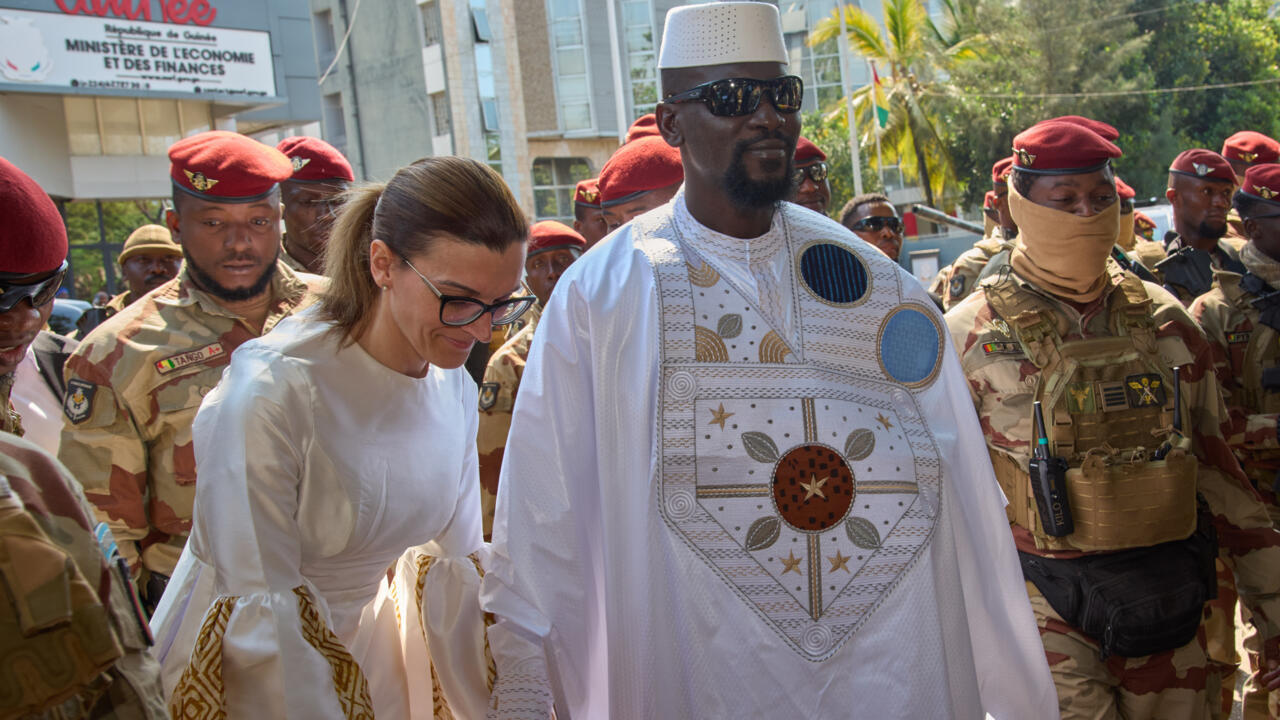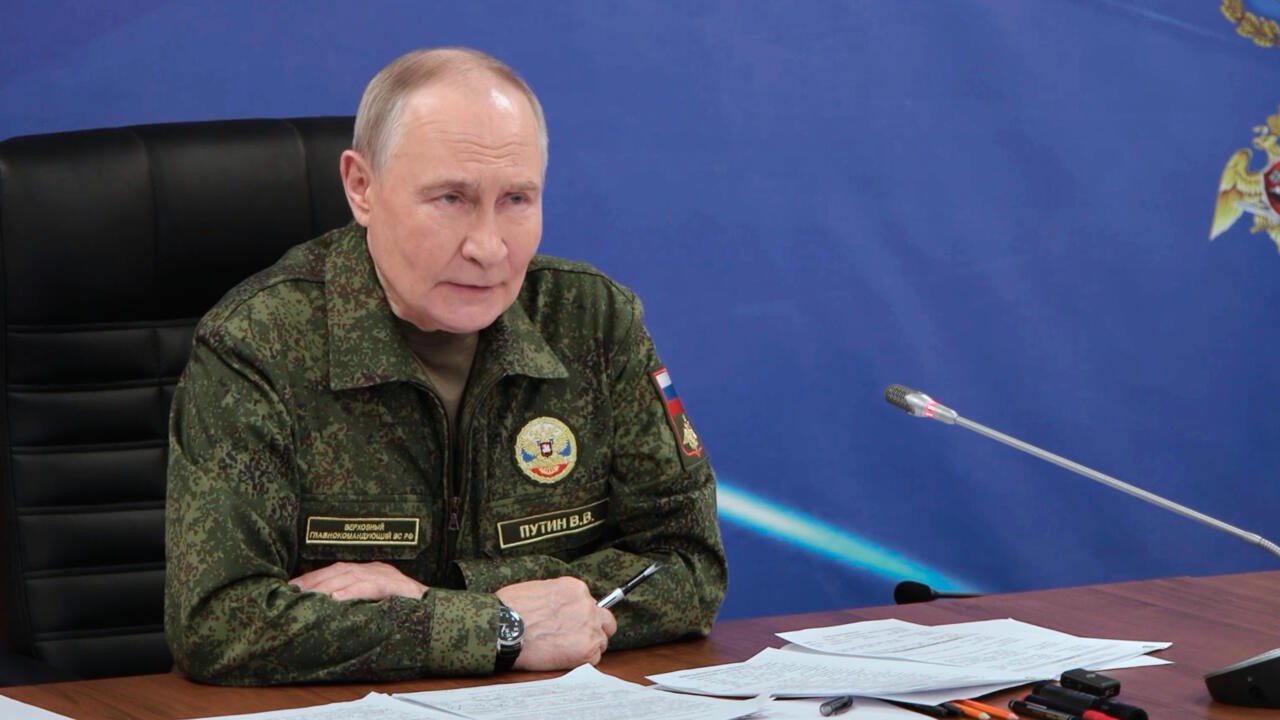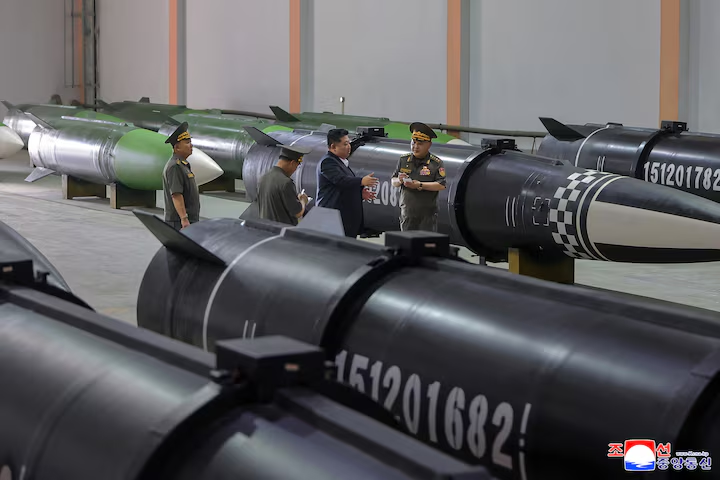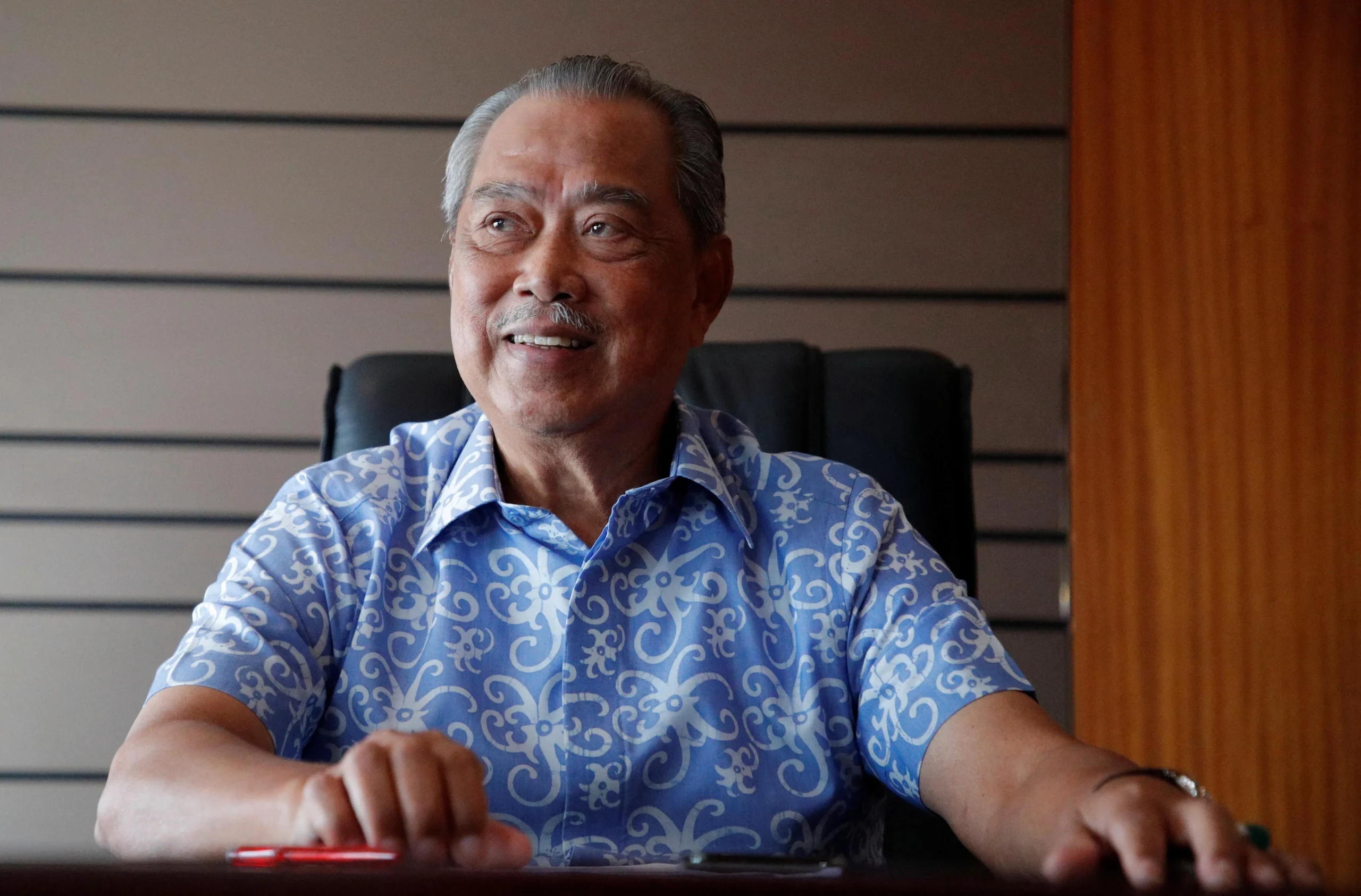Saudi Crown Prince Mohammed bin Salman would meet U.S. President Donald Trump at the White House on Tuesday, aiming to revive strategic ties and push forward major agreements on defense, advanced technology, and nuclear cooperation. The meeting marks the crown prince’s first visit to the United States since the 2018 killing of journalist Jamal Khashoggi, an incident that severely strained the partnership.
U.S. intelligence agencies previously assessed that the crown prince had approved the operation to capture or kill Khashoggi, though he denied ordering it and said he bears responsibility as the kingdom’s de facto leader. More than seven years later, both governments are signaling a desire to focus on shared interests in security, energy, and investment.
Saudi Arabia has been seeking a formal defense pact with Washington, arguing that a binding commitment is essential as regional tensions rise. For decades, the two countries operated under a more informal arrangement: stable Saudi oil supplies in exchange for U.S. security support.
That understanding was shaken after the United States declined to take military action when Iran struck Saudi oil facilities in 2019. Concerns resurfaced again this year after Israel attacked a target in Doha, Qatar—an operation it said was aimed at Hamas members. Trump responded by issuing a defense pact for Qatar by executive order, prompting expectations that Riyadh might receive a similar offer.
Read Also: Ukraine: Rafale Fighter Jet Deal Sealed With France
But a treaty-level agreement remains out of reach. Congress has linked support for a Saudi pact to normalization of ties with Israel, while Riyadh insists that normalization requires a clear, credible commitment to Palestinian statehood. Israeli Prime Minister Benjamin Netanyahu reaffirmed on Sunday that he opposes such a move.
A Western diplomat in the Gulf described the negotiation gap. “Trump wants normalization and Saudi wants a full defense pact. In the end, both sides will likely get less than they want.”
Analysts expect Trump to issue an executive order similar to the Qatar agreement. Dennis Ross, a former U.S. Middle East negotiator, said such an order would require immediate consultations in the event of a threat but would not obligate Washington to intervene militarily. “It could involve replacing weapons, deploying missile defenses like THAAD or Patriot, or sending U.S. naval forces,” Ross said. “It could also include more active support, depending on the situation.”
The crown prince is also seeking major advances in artificial intelligence, computer hardware, and nuclear energy, key components of his Vision 2030 economic diversification strategy.
Securing U.S. approval for access to high-performance semiconductor chips is a top priority as Saudi Arabia races to compete with regional rivals, including the United Arab Emirates, which signed a multibillion-dollar data-center deal earlier this year that granted access to advanced computing capabilities.
Trump has consistently avoided public criticism of Saudi Arabia’s human rights record and did not raise the issue during his previous visit to the kingdom. Analysts say the meeting is intended to signal a reset in relations that have been overshadowed by the fallout from Khashoggi’s killing.


